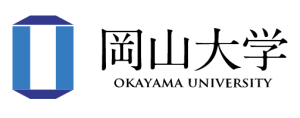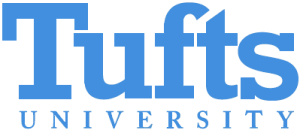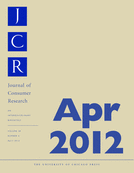
Would you consider a donation to support Weekend Reads, and our daily work?
The week at Retraction Watch featured:
- Exclusive: Former Tufts researcher suspended from animal work after abuse
- A professor found her name on an article she didn’t write. Then it got worse
- Earthquake destroyed data, claims Japanese prof found to have faked results
- Debate over whether video games ‘rot kids’ brains’ won’t be settled by this retraction
- Guest post: What happened when we tried to get a book with misinformation about our field retracted
Our list of retracted or withdrawn COVID-19 papers is up to more than 300. There are more than 39,000 retractions in our database — which powers retraction alerts in EndNote, LibKey, Papers, and Zotero. And have you seen our leaderboard of authors with the most retractions lately — or our list of top 10 most highly cited retracted papers?
Here’s what was happening elsewhere (some of these items may be paywalled, metered access, or require free registration to read):
Continue reading Weekend reads: Harvard group’s work under scrutiny; editorial board resigns en masse; a concussion study hits a brick wall






